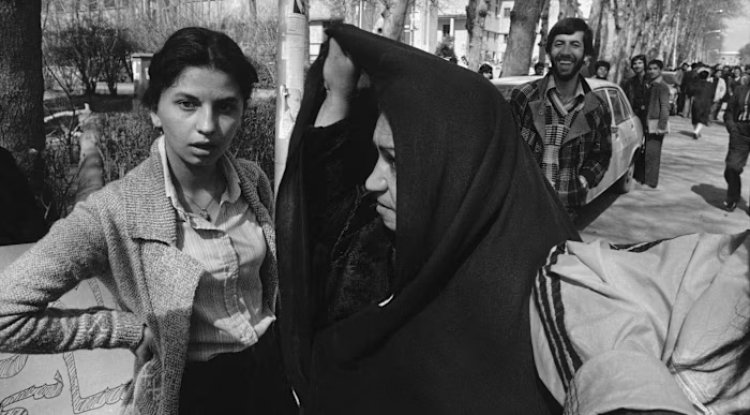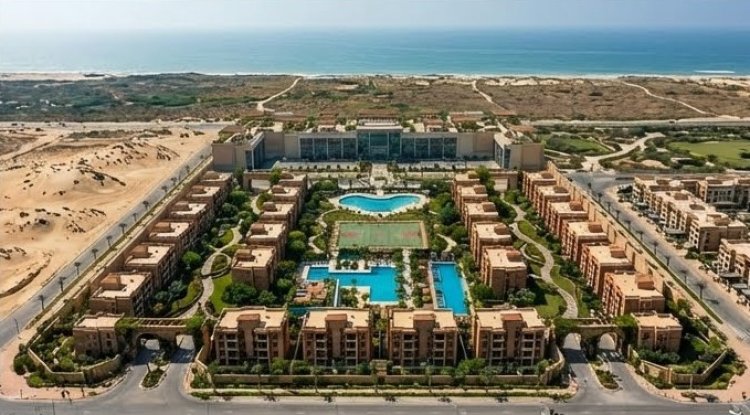Ancient Kings' Rituals Dining with the Dead in Syria's Royal Palaces
intriguing ritual of ancient kings dining with the dead in Syria's royal palaces, a symbol of reverence and power
-
Introduction
- The fascination with ancient rituals
- Overview of the unique practice among Syria's ancient royalty
-
The Historical Context of Qatna
- Location and importance of Qatna in ancient trade
- Threats from neighboring powers and the city's defenses
-
King Adanda's Bold Decision
- Preparations for the impending siege
- The decision to dine with the dead ancestors
-
The Kasbam Ritual
- Description of the ritual practices
- The significance of dining with the dead for royal families
-
Archaeological Evidence and Interpretations
- Discoveries that shed light on this ancient practice
- The role of such rituals in Mesopotamian religions
-
The Symbolism and Importance of Kasbam
- The ritual's role in inheritance and royal legitimacy
- The mutual dependence between the living and the dead
-
FAQs
- Common questions about ancient Syrian rituals and their meanings
-
Conclusion
- Reflecting on the lasting legacy of these ancient practices
-
Further Reading and Resources
- Encouragement to explore more about ancient Syrian culture and history
Introduction
Ancient civilizations have long captivated us with their complex rituals and beliefs, particularly those that blend the realms of the living and the dead. Among these, the ancient kings of Syria stand out for their unique practice of dining with the dead. This article delves into the mysterious world of King Adanda of Qatna, uncovering the significance of this ritual in ancient Syrian culture.
The Historical Context of Qatna
Qatna, located near present-day Homs, was a thriving commercial hub due to its strategic position on trade routes. Despite threats from powerful neighbors like the Hittites, Egyptians, and Hurrians, Qatna's alliances and fortified city walls, stretching four kilometers, safeguarded its prosperity.
King Adanda's Bold Decision
As the threat of invasion loomed, King Adanda chose to fortify Qatna's defenses and arm his soldiers. Yet, in a move that puzzles modern observers, he prioritized an ancient ritual over military strategy, deciding to dine with his deceased ancestors in a critical moment.
The Kasbam Ritual
The Kasbam ritual, practiced on the night of a crescent moon, was a solemn occasion for families to honor their dead with offerings of food and drink. King Adanda's journey to the palace's underground chambers, accompanied by priests and royal family members, highlights the ritual's deep significance.
Archaeological Evidence and Interpretations
Archaeologists have unearthed evidence of these dining ceremonies in Syria, offering insights into the ritual's role in Mesopotamian religions. These findings illustrate the ancient belief in the dead's power to bless and protect their living descendants.
The Symbolism and Importance of Kasbam
The Kasbam ritual reinforced the social and political order, ensuring the continuity of royal power and familial inheritance. It symbolized a vital connection between the living and the dead, believed to bring prosperity and protection from misfortune.
FAQs
This section addresses common questions about the Kasbam ritual and its place in ancient Syrian society, shedding light on its historical and cultural contexts.
Conclusion
The practice of dining with the dead in ancient Syria reveals a fascinating aspect of human history, where the bonds between the living and the dead were integral to social and political life. This ancient ritual underscores the complex ways in which our ancestors sought to understand and influence the world around them.
Further Reading and Resources
For those intrigued by ancient Syrian culture and history, further exploration into the archaeological discoveries and scholarly research on this topic is highly encouraged. Engaging with this rich past offers valuable insights into the human experience across millennia.
What's Your Reaction?





















